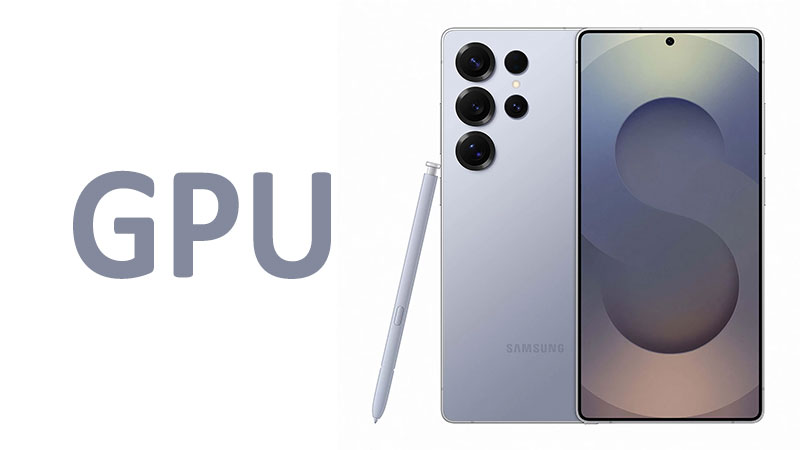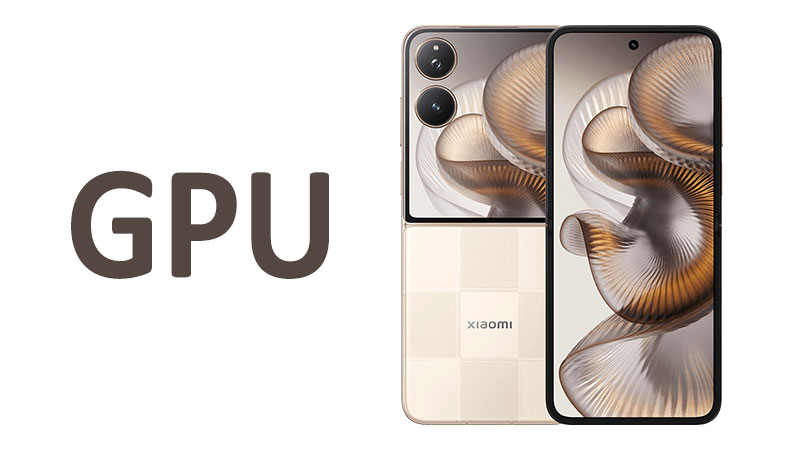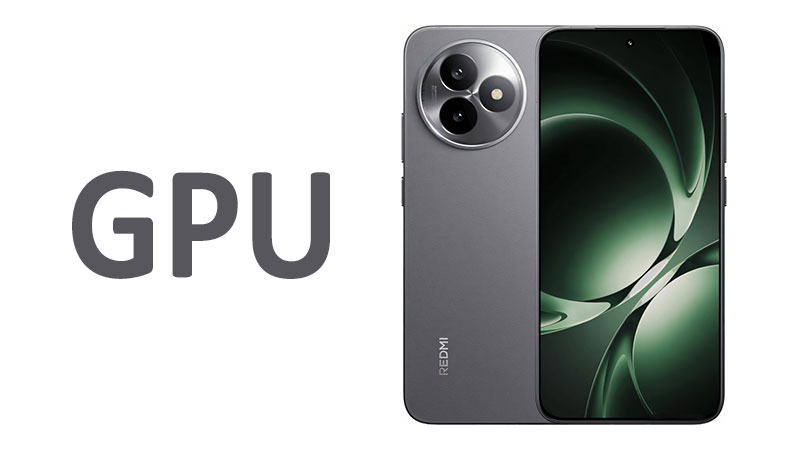The GPU of the Samsung Galaxy S25 Ultra is the Adreno 830, a powerful GPU integrated into the Qualcomm Snapdragon 8 Elite chipset, the phone’s main system-on-chip. This powerful component is crucial for rendering all visual content on your device, from smooth animations in the user interface to demanding graphics in games and multimedia. A top-tier GPU like the Adreno 830 ensures a fluid and immersive experience, making every interaction visually stunning and responsive.
Specification Details
- GPU Model: Adreno 830
- Chipset: Qualcomm Snapdragon 8 Elite (3 nm)
- Improvement vs. Predecessor (Adreno 750 in S24 Ultra): Approximately 30% faster GPU performance
Performance and Impact in Real-World Usage
The Adreno 830 in the Galaxy S25 Ultra delivers exceptional graphics performance. For gamers, this means being able to play the latest graphically intensive mobile titles at high frame rates and maximum settings without significant lag or dropped frames. Beyond gaming, it significantly enhances the overall fluidity of the user interface, speeds up photo and video editing applications, and enables advanced features like real-time AI image processing and improved augmented reality (AR) experiences. Users will notice sharper details, more realistic visuals, and a generally smoother operation across all visual tasks.
FAQ
No, the Adreno 830 is an integrated GPU, meaning it’s a core part of the Snapdragon 8 Elite system-on-a-chip (SoC), sharing resources with the CPU and other components within a single chip. While not a separate, dedicated card, it’s highly optimized for mobile graphics and delivers flagship-level performance.
The Adreno 830 provides significantly improved frame rates, enhanced graphical fidelity, and support for advanced rendering techniques like hardware-accelerated ray tracing, leading to a more realistic and fluid gaming experience.
Yes, beyond gaming, the GPU plays a vital role in tasks like video editing, 3D rendering, running demanding AI features (e.g., in the camera or generative AI applications), and generally ensuring a smooth and responsive overall user interface.



